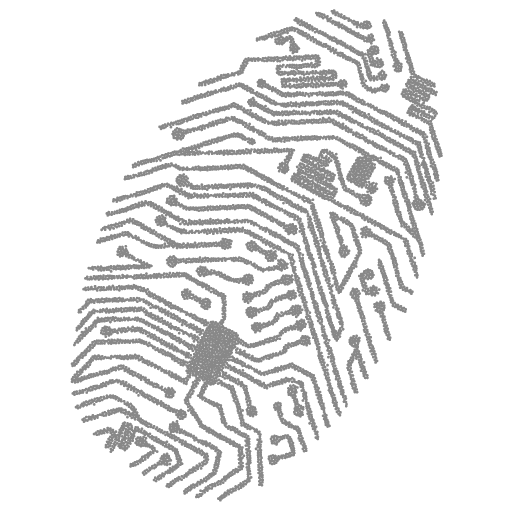Anti-money laundering (AML) is the first area of Polish law where the parliament has adopted regulations directly related to cryptocurrencies and some other types of crypto-assets. We have devoted a lot of articles to this issue on the blog.
The direction of changes in the Polish law concerning AML results from the development of a global approach to this issue. Mostly this is due to the work of the Financial Action Task Force. FATF is an intergovernmental organisation authorised to create and assist in the implementation and monitoring of anti-money laundering standards, financing of terrorism and financing of the proliferation of weapons of mass destruction. The EU and Polish legislative work on revision of the AML regulations is based on the models presented in FATF publications from 2014 and 2015.
Continue reading “Will crypto and blockchain face a new wave of AML regulations?”
